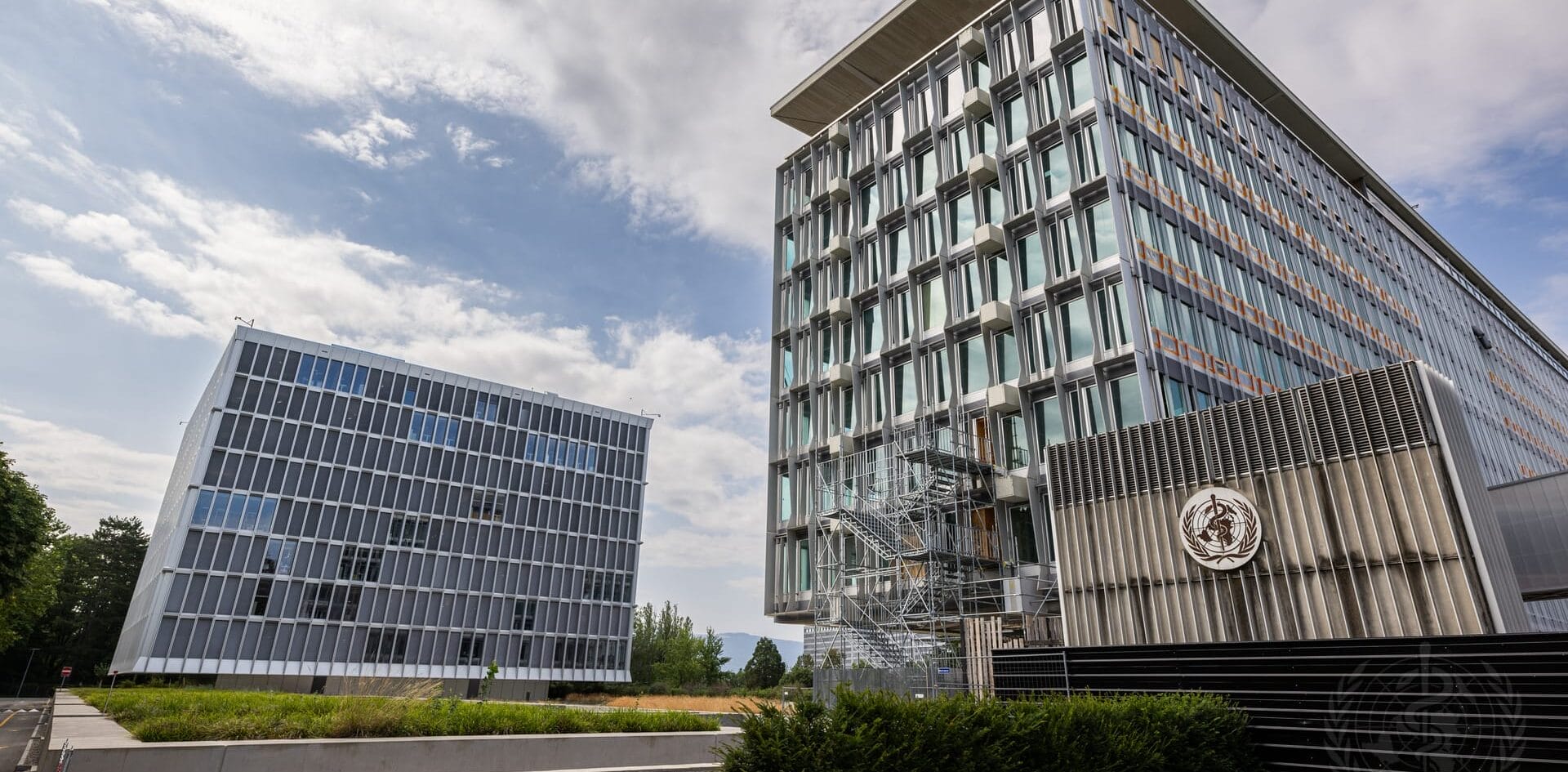
Topic Description
The Global Health and Peace Initiative emphasizes the critical, bidirectional link between health and peace. It acknowledges that conflict and violence can severely impact health systems and outcomes, but also, that sustained peace is essential to the achievement of equitable healthcare – and Sustainable Development Goal 3 on health and well-being overall. The initiative aims to strengthen the role of WHO and the health sector as (direct and indirect) contributors to improving the prospects for peace, in alignment with the UN Sustaining Peace agenda which calls on all UN agencies, funds and programs (AFPs) to contribute to preventing conflict and sustaining peace through their mandate. The ultimate objective in doing so is to better protect the health of populations in fragile and conflict-affected settings as well as wider settings globally.
An illustration of WHO’s contribution to peaceful societies, through its health mandate, is the strengthening of health systems in fragile settings, ensuring they are resilient and capable of providing essential services to all, in an equitable and inclusive manner .
Health diplomacy is another, more specific possible entry point for linking health and peace objectives. By prioritizing health in diplomatic discussions, countries or conflicting parties may foster collaborative relationships more easily when health is considered a common good.
Mental health and psycho-social support (MHPSS) is a crucial entry point for ‘peace-responsive’ health programming. Providing MHPSS to conflict-affected communities is an important health priority, and it can also contribute to preventing the further deterioration of inter-personal relations in conflict-affected settings – if designed/provided in a peace-responsive way, thereby improving broader societal stability.
Community engagement is a vital aspect of the Global Health and Peace Initiative. The GHPI recognizes the importance of involving local communities in health programming – with acute sensitivity to peace and conflict dynamics on the ground. By empowering local leaders and organizations – those who effectively represent communities in an inclusive way – health initiatives can create sustainable and culturally sensitive health programs that address the specific needs of all groups amongst conflict-affected populations. A community-based approach – if peace and conflict-sensitive – helps to rebuild social cohesion and trust, which are essential for long-term peace.
The Global Health and Peace Initiative relies on complementary partnerships and coordinated efforts among health and peacebuilding actors amongst national governments, international organizations, non-governmental organizations. Adequate funding is needed to support health interventions in conflict zones and the GHPI is a key component of those efforts.
Join our mailing list!
Sign up form
Or stay up to date with the latest WIMUN news by following us on social media!



